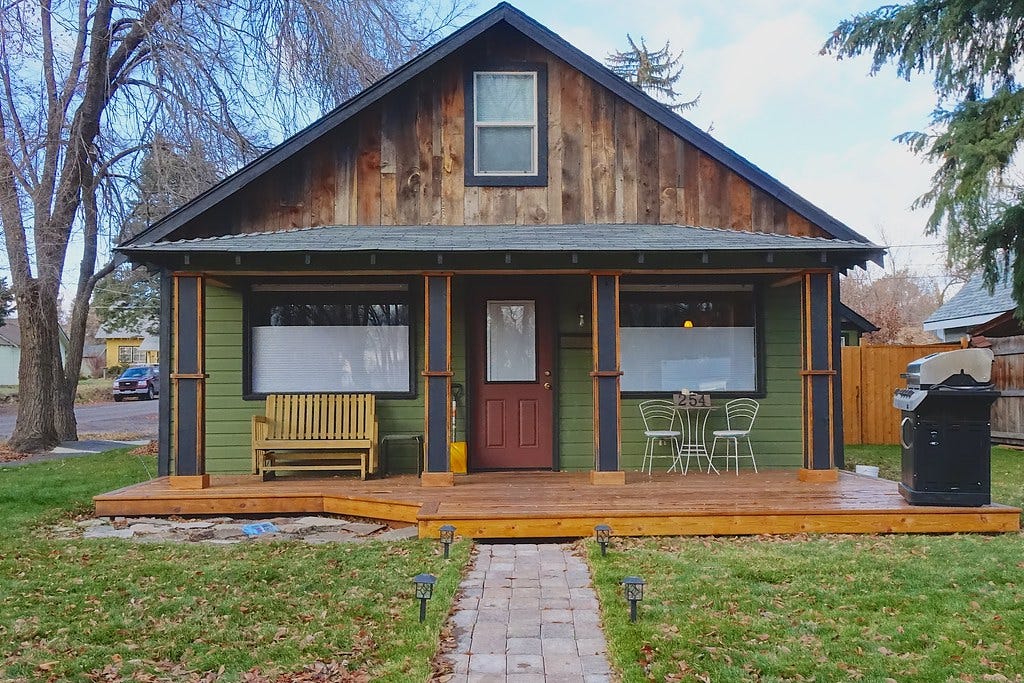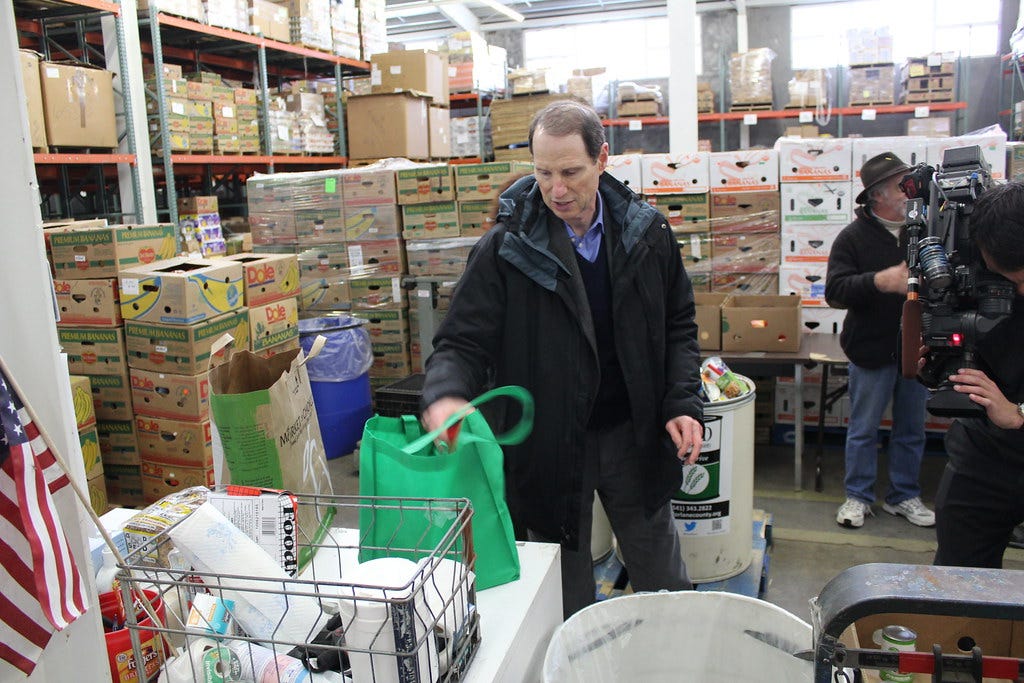Hopes for a stable Oregon
A survey by the Oregon Values and Beliefs Center reveals that Oregonians simply want a place to call home and the security of knowing they won't fall through the cracks.
Kevin Frazier edits The Oregon Way between classes at the UC Berkeley School of Law. He’s a proud Duck (class of ‘15) and the author of Rediscovering the Oregon Way.

Oregonians simply want to live in a state where no one slips through the cracks, and everyone can actually afford to call the state home. That’s the upshot of a recent survey conducted by the Oregon Values and Beliefs Center.
When asked what goals the state should prioritize for the future, respondents voiced the strongest support for becoming the most affordable state to live (52% of respondents ranking this goal in their top three) as well as the state with the lowest poverty rate (46%).
These are the understandable goals of a state in which too many people feel like they’re on the edge of physical displacement and financial despair. Oregonians young and old, urban and rural, and from all backgrounds are increasingly facing a common question: where will I call home?
That question has two important aspects: “where” and “home.” The Where reflects the fact that my friends in Bend have spent months trying to find their first home in their hometown...but the odds are high that they’ll have to find a new place to settle as cash-carrying buyers beat them to home after home in Central Oregon.
The Where reflects the reality that families in the fire-devastated region of Southern Oregon are unsure of where they’ll be able to settle in for the long-term, given a housing market that somehow seems competitive in every corner of the state.
In general, the Where is the result of folks seeing rents rise, but wages stay relatively flat. If we want Where to be in Oregon, then we have to work on housing affordability across the state.

The “home” aspect of the question refers not only to having a roof over your head, but also a social network and safety net that can help address all the other needs that pop in daily life, let alone a pandemic. Reducing poverty will not come simply by boosting incomes, we need to increase our social capital and social institutions. To reach the important and essential goal of reducing poverty, we’ll need to incorporate private and public solutions.
States with the lowest rates of poverty, like Utah, make it easier for people to find their home by empowering local community organizations to serve a vital role in meeting the needs of their neighbors. Thankfully, such organizations exist right here in Oregon. Groups like Sheltering Silverton, led by Sarah White, rely on the generosity of community members to meet needs that would otherwise go unmet by traditional service providers.
The significant support for prioritizing affordability and reducing poverty doesn’t mean that Oregonians aren’t big dreamers. More than four in ten Oregonians aspire for the state to have the lowest crime rate (41%) and cleanest air and water (40%). At least one in four hope that the state becomes the happiest (28%) as well as the most educated, rated by high school graduation rates (25%). About one in ten envision the state championing civic participation by recording the highest voter turnout rate (9%) and highest rate of volunteerism (7%).
The significant support for making sure “Where” is wherever Oregonians want to be and that “home” includes housing plus social services is better understood as a signal of just how uncertain many of our neighbors feel about their future. It may not grab headlines and it may not sound like a moonshot, but providing every Oregonian with a sense of stability would go a long way toward making the state the best place to call home.
**************************************
Send feedback to Kevin:
@kevintfrazier
Keep the conversation going:
Facebook (facebook.com/oregonway)
Twitter (@the_oregon_way)
Check out our podcast:



